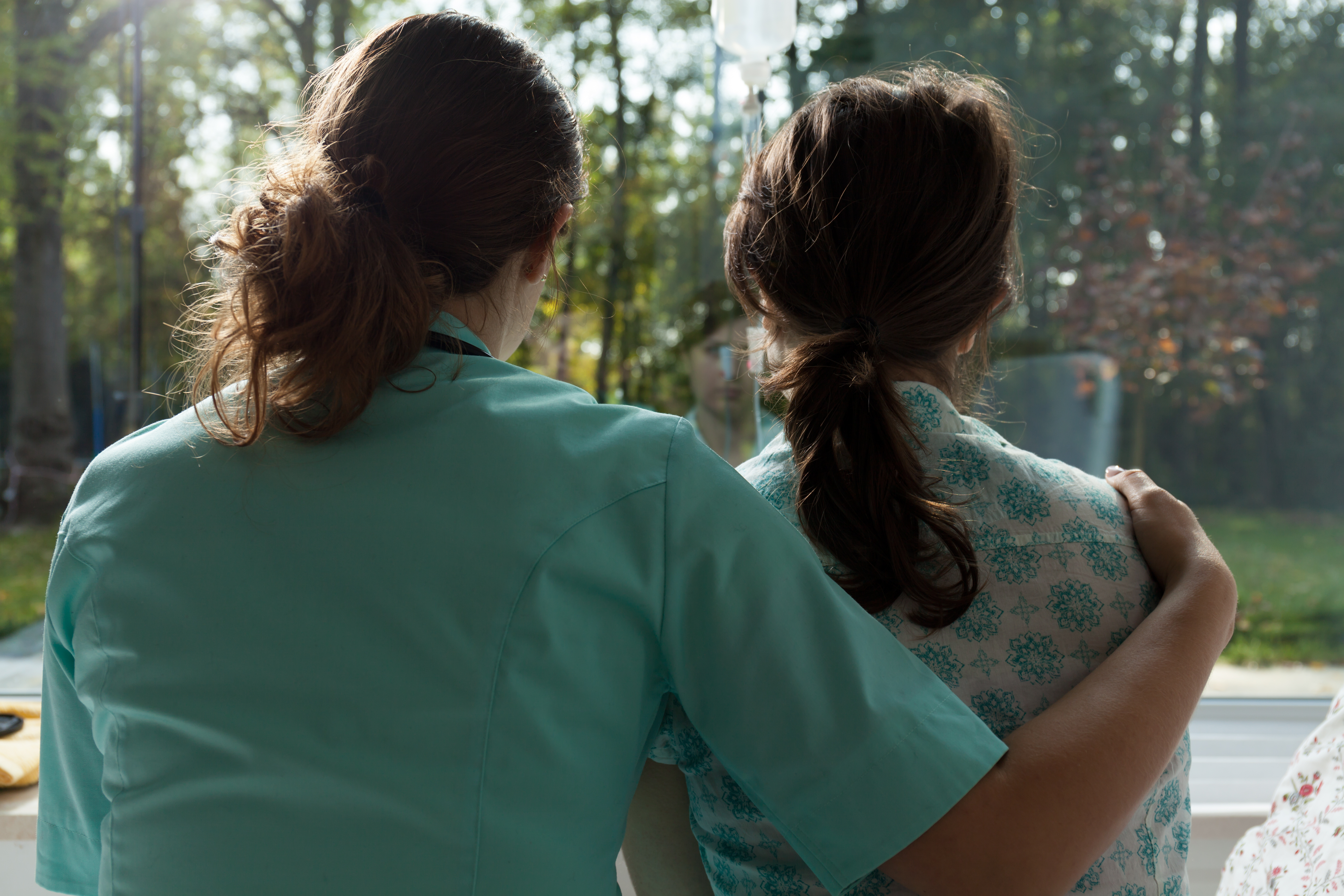
1 June 2022
A study using data obtained from the National Cancer Patient Experience Survey (NCPES) has shown that cancer patients who have good access to care from a designated clinical nurse specialist (CNS) could improve their chances of survival. The study, published in the British Medical Journal of Supportive & Palliative Care, identified 99,371 patients with colorectal, lung, breast and prostate cancer who reported their care experience of having a CNS from the National Cancer Patient Experience Survey (2010–2014) and a linked dataset from the English cancer registration. These patients were categorised into three groups (excellent, non-excellent and no CNS name was given), across three aspects of CNS care. It was found that patients who reported not being given a CNS name had the lowest survival of the three groups, whilst those who reported excellent CNS care had the highest survival across colorectal, breast and prostate cancer patients. This link between CNS care and survival remained even when age, sex, socioeconomic deprivation and ethnicity were taken into account. However, no association between care and survival was seen in lung cancer patients once the patients’ lung cancer stage was also considered. Interestingly in colorectal, breast and prostate cancer patients was the degree to which explanations given by a CNS were understandable had the greatest influence on decreased mortality.
The researchers concluded that the evidence of the vital contribution CNS may make to cancer survival and suggest CNS input and support should be available to all patients after cancer diagnosis.
Talking to the Nursing Times, Minesh Patel, the head of policy at Macmillan Cancer Support, said that the connection between a lack of CNS support and reduced chance of survival was a reminder of the impact that the NHS workforce crisis was having on thousands of patients. He also said that without access to good quality and timely cancer care, people with cancer will bear the consequences on their emotional and physical health, and even their cancer recovery.
The full research is available here https://spcare.bmj.com/content/early/2022/04/21/bmjspcare-2021-003445